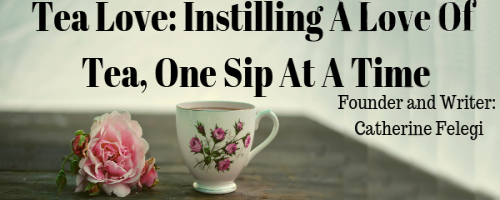First, I wish to issue an apology to all my readers. The past few days have been a hectic, cold blur. In fact, I am still fighting off this darn cold that is trying to take over! But, no matter. With plenty of matcha tea and water by my side, I’ll muscle my way through.
And now, for the reason that you came to this blog in the first place – tea.
At work last week, my employer came into the office raving about these wonderful organic almonds that she bought and the delicious organic green tea she was sipping on. Now, I am sure that, just like me, you hear the phrase “organic” being thrown around constantly. I have personally seen organic toothpaste, organic band-aids and even organic dirt.
I am not knocking organic anything. However, I am curious – what’s the difference between organic tea and regular tea?
Turns out, organic tea is better for health benefits. It does not have the chemical fertilizers and pesticides, which means that less of that gunk and junk goes into your body. For those that are earth-conscious, it also allows a friendlier farming strategy as well, allowing us to also be a bit kinder to the earth. Rather than rely on ineffective solutions, organic farming allows for farmers to do green methods, such as using “green” manure to fertilize crops.
Either way, Tea Gschwendner, a tea store started in Trier, Germany, states that, “tea, whether grown organically or conventionally, is one of the cleanest foods on earth.”
With the miracles that tea provide, I don’t doubt this. Though, to help Mother Nature every once in a while, it can’t hurt to imbibe a bit of organic tea.




